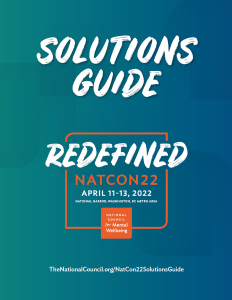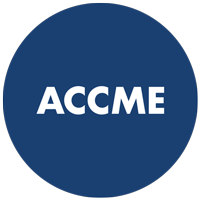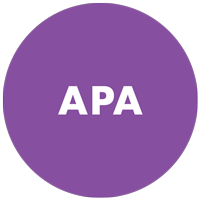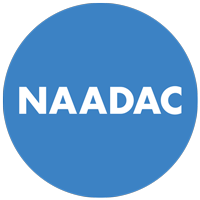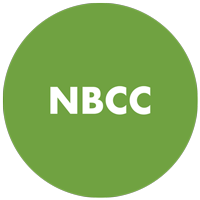Back
Children, Adolescents and Families
A12 - Children’s Wellbeing and the Intersect with Medicaid and Child Welfare
Monday, April 11, 2022
10:30 AM – 11:30 AM
Location: Gaylord National, RiverView Ballroom B

Uma Ahluwalia, MSW, MHA
Managing Principal
Health Management Associates
Washington, District of Columbia
Annalisa Baker, MPH, LCSW
Senior Consultant
Health Management Associates
New York, New York
Workshop Presenter(s)
Failure to collaborate can put children and families at risk. Find out more about how to maximize the intersectionality across child welfare, Medicaid and children’s behavioral health care sectors and the risks to children, families and implications for these domain areas when these systems fail to collaborate well.
Learning Objectives:
- Identify the importance of state level collaboration across Medicaid, behavioral health, intellectual and developmental disabilities (IDD) and Child Welfare to better serve children with serious IDD and emotional disturbances.
- Discuss ways to ensure that children and families experience improved outcomes for early intervention and community-based systems of care.
- Recognize how Child Welfare can better leverage these partnerships to improve wellbeing outcomes and improve placement stability and prevent placement.
- Leverage and braid multiple funding streams to maximize FFP – across all public child serving systems.

